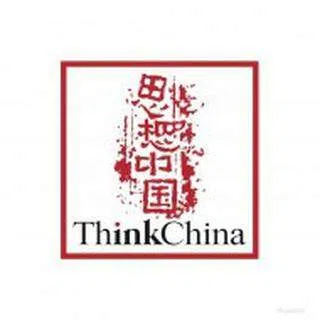21st century strategist: Shinzo Abe left an indelible mark on geopolitics in Asia-Pacific
Political commentator William He observes that the late Japanese Prime Minister Shinzo Abe was a statesman who influenced US foreign policy and a key player in making "the Indo-Pacific strategy" and "the Quad" the lexicon of recent times. He was also an active defender of stability in the Taiwan Strait. All said, he might have been a controversial figure, but the legacy he leaves behind is a tangible record that history can be the judge of.
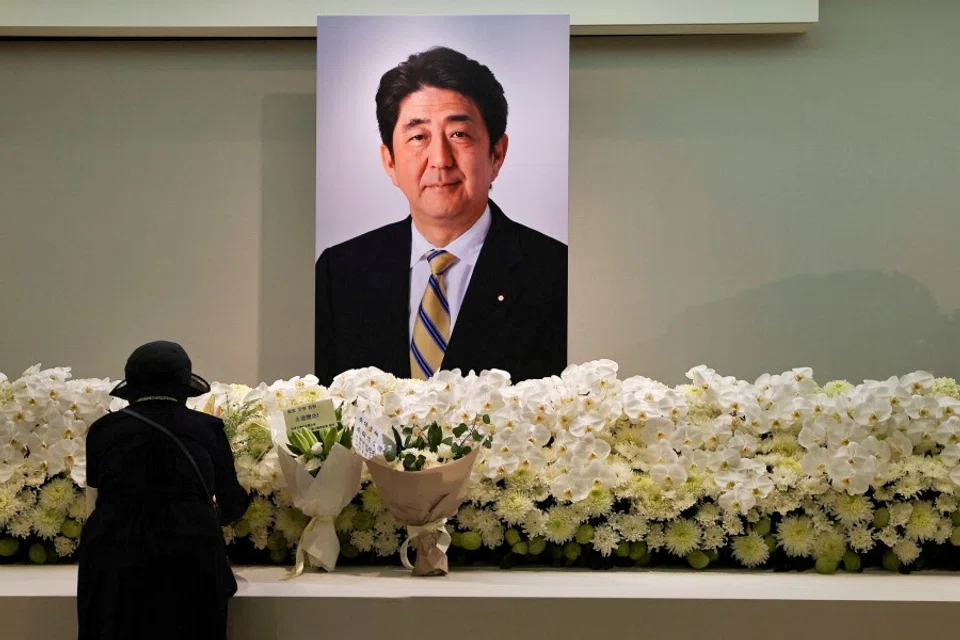
Slain former Japanese Prime Minister Shinzo Abe leaves behind a valuable political legacy. His foreign policy raised Japan's international standing and profoundly influenced 21st century global strategies. In particular, he left an indelible mark on geopolitics in the Asia-Pacific.
First, Abe rescued the Trans-Pacific Partnership (TPP), cementing Japan's image as a champion of multilateral trade liberalisation. When former US President Donald Trump pulled the US out of the TPP, Abe actively helped to pick up the pieces. Singapore's Prime Minister Lee Hsien Loong wrote on Facebook: "Mr Abe also played a critical role in concluding the Comprehensive and Progressive Agreement for Trans-Pacific Partnership (CPTPP) after the US left the original Trans-Pacific Partnership negotiations." The CPTPP became a major achievement of Abe's term, a platform to raise Japan's international standing.
Architect of CPTPP with foresight on CCP
The CPTPP is an answer to the need for economic integration in the Asia-Pacific, and retains most of the substance of the TPP. It acts as a strategic platform for Japan to balance Chinese influence in the Regional Comprehensive Economic Partnership (RCEP). There is no doubt that China is the motivation behind Japan driving the CPTPP. Japan does not want China to lead trade in Asia and wants to influence the RCEP with high-level trade regulations.
After the CPTPP was implemented, Abe told Trump more than once that he hoped the US would rejoin the TPP, and he said the same to current US President Joe Biden when he took office.
The openness and regulations of the CPTPP in terms of tariff reduction, state-owned enterprises, labour protection, e-commerce, human rights and the environment are natural obstacles against China joining the integrated Asia-Pacific economy. China does not even fully comply with World Trade Organization (WTO) regulations - how would it be willing to accept the CPTPP with its higher standards?
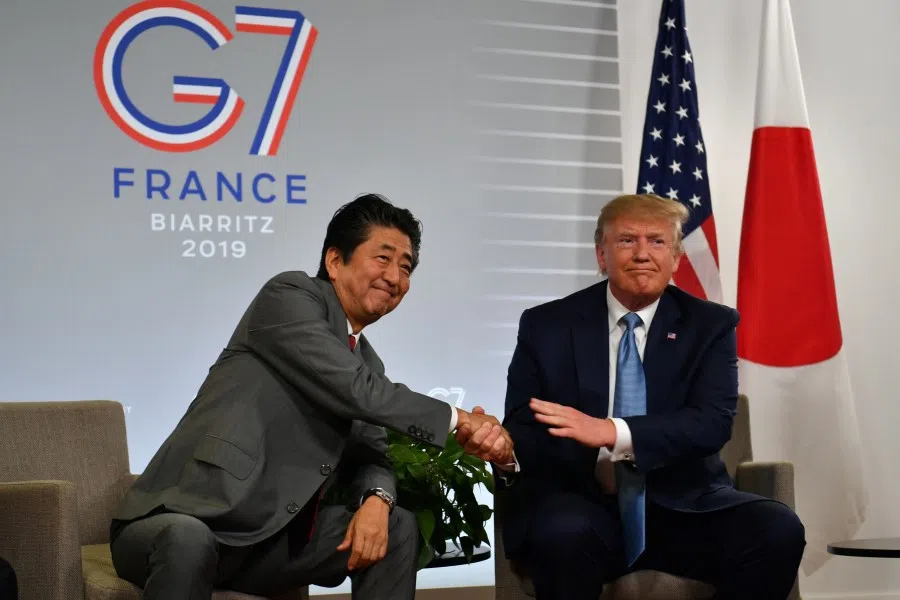
The CPTPP is also a means for Japan to push the US to return to the TPP. Japan expressed disappointment at the US leaving the TPP, but the CPTPP leaves a back door for the US to rejoin the TPP when the time is right. After the CPTPP was implemented, Abe told Trump more than once that he hoped the US would rejoin the TPP, and he said the same to current US President Joe Biden when he took office. In 2020, Michael Auslin of Stanford University wrote in Foreign Policy: "Yet overall, there is little doubt that for nearly eight years, Abe was one of Asia's most effective leaders and, overall, one of its most successful... compared to when Abe returned to power in 2012, the country has a far higher international profile and is playing a larger role in Asia and abroad."
... Abe was one of the first leaders of the Western allied world to recognise the threat of the Chinese Communist Party (CCP) to the world.
Second, Abe was one of the first leaders of the Western allied world to recognise the threat of the Chinese Communist Party (CCP) to the world. In a 2020 interview, he said that when he met Trump in the US in November 2016, he told the latter that China's military rise would lead to a crisis for US allies. Trump replied that it was an issue they had in common. When Trump asked when and how China would quickly increase its military spending, Abe replied that China had increased its military spending by 40 times over 30 years, and no other country had matched its speed. Trump looked surprised at hearing that, and Abe cited the number of submarines China had, noting that China was targeting the US 7th Fleet in the West Pacific, showing that this was not just an issue for Japan, but also for the US, which would hopefully maintain a presence in the region. Going by what Abe said, he played a significant role in influencing Trump, who in turn got the US to review its policy on China, after which the US got its European partners on board.
Six years on, Japan is feeling a greater threat from China. On 16 May 2022, the Joint Staff of the Japanese Ministry of Defense said that over 200 aircraft landings and takeoffs were launched from the aircraft carrier Liaoning, sailing south of Okinawa in the Pacific. On 24 May, China and Russia's air forces conducted a joint aerial patrol over the Sea of Japan, East China Sea and the Western Pacific. Masatoshi Fujitani, a former investigator and analyst of the Public Security Intelligence Agency of Japan, said: "Through cooperation with intelligence agencies of many countries, it is currently estimated that China has sent between 20,000 and 25,000 spies to Japan. If it includes North Korea and Russia, the number of spies in Japan is an enormous number." The day after this comment, Abe was assassinated.
Engineer of 'the Indo-Pacific'
Third, Abe engineered the "Indo-Pacific strategy"; he raised the idea to Trump, who accepted it. In late 2017, the Trump administration released its National Security Strategy report, which included the Indo-Pacific strategy. And in November 2019, the US Department of State released its report titled "A Free and Open Indo-Pacific: Advancing a Shared Vision".
The report said: "The US vision and approach in the Indo-Pacific region aligns closely with Japan's Free and Open Indo-Pacific concept, India's Act East Policy, Australia's Indo-Pacific concept, the Republic of Korea's New Southern Policy, and Taiwan's New Southbound Policy... Beijing is intolerant of dissent, aggressively controls media and civil society, and brutally suppresses ethnic and religious minorities. Such practices, which Beijing exports to other countries through its political and economic influence, undermine the conditions that have promoted stability and prosperity in the Indo-Pacific for decades."
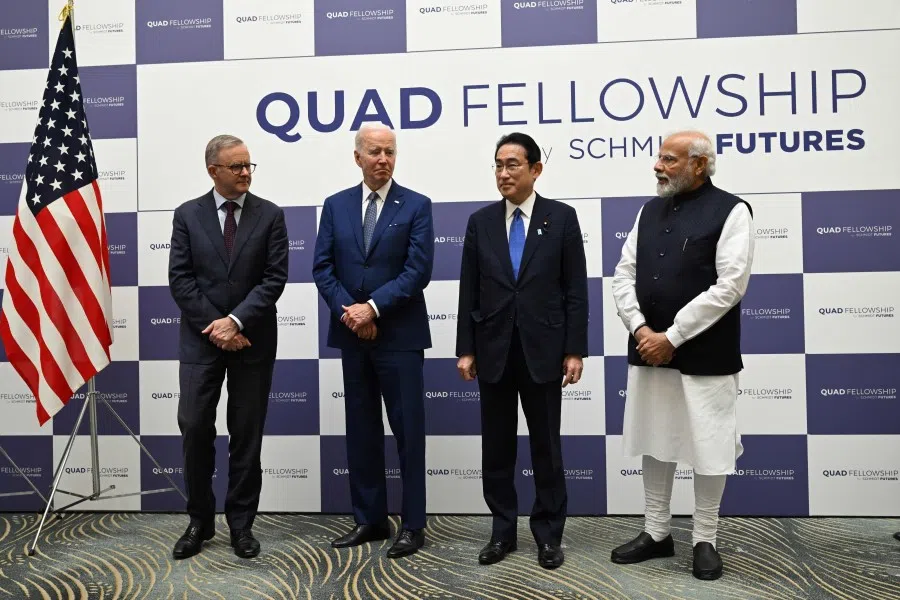
Under Abe's shepherding, the Indo-Pacific strategy dovetailed with the revival of the Quad security dialogue arrangement between the US, Japan, Australia and India. This dialogue takes a "salami" approach - first, the foreign ministers talk, then the defence ministers join in, and then the heads of state meet, first via video conference, then an in-person summit.
It is rare in US foreign policy to find ideas from Japanese leaders being implemented as part of US security strategy.
Washington declassified ahead of time the Trump administration's United States Strategic Framework for the Indo-Pacific on 12 January 2021. This ten-page secret document sets out the strategic goals and priorities in the Indo-Pacific over the previous three years. It lists China as the main security challenge followed by North Korea, and emphasises a strategic partnership with Australia, India and Japan to form the US-centred Quad framework, while strengthening trilateral cooperation with Japan and Australia and encouraging South Korea to play a bigger role in regional security.
From the document, it is apparent that the Abe-initiated Indo-Pacific strategy and Quad are now key elements in US global strategy. It is rare in US foreign policy to find ideas from Japanese leaders being implemented as part of US security strategy. Biden's recent Asia tour was in line with the Indo-Pacific strategy and Quad dialogue. The leaders of the four countries did not name China in their joint statement following their Tokyo summit, but the line, "We reaffirm our resolve to uphold the international rules-based order where countries are free from all forms of military, economic and political coercion," clearly refers to China.
... Abe's determination to uphold the stability of the Taiwan Strait is unprecedented among Japanese politicians.
Guardian of stability in Taiwan Strait
Fourth, Abe's determination to uphold the stability of the Taiwan Strait is unprecedented among Japanese politicians. Taiwan is key to stability in the Indo-Pacific, and for Japan, the Taiwan Strait is tied to Japan's maritime security. Abe was very firm on this point.
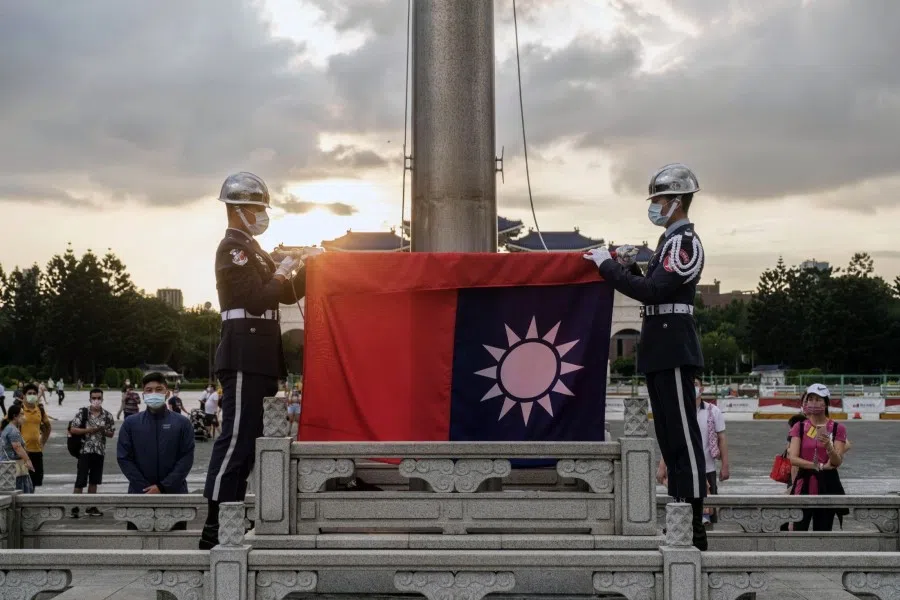
In December 2021, Abe said, "A Taiwan emergency is a Japanese emergency, and therefore an emergency for the Japan-US alliance," stressing that Japan would not allow the use of force against Taiwan. He named Xi Jinping three times, and said, "A military adventure would be the path to economic suicide." And on 27 February, Abe urged the US to drop its strategic ambiguity on Taiwan and make clear that it would protect Taiwan from being invaded by China. During his term, Abe strongly supported Taiwan joining the CPTPP and World Health Assembly (WHA).
Abe naturally became a thorn in the side of the CCP with his clear political stand, which also won him high praise from democratic countries. Hopefully, the forces for maintaining peace in the Asia-Pacific are greater than the negative forces of intentionally starting a war. That would be the greatest gift the world can give to Abe.
Related: The real reason why Japan is following the US's lead | Balancing China: Can Japan continue to be a reliable power in SEA after Abe? | US academic: Is Japan a true and loyal US ally? | Chinese academic: Japan is the 'hidden warrior' behind China-US competition | Would cross-strait reunification threaten Japan's maritime oil routes?
